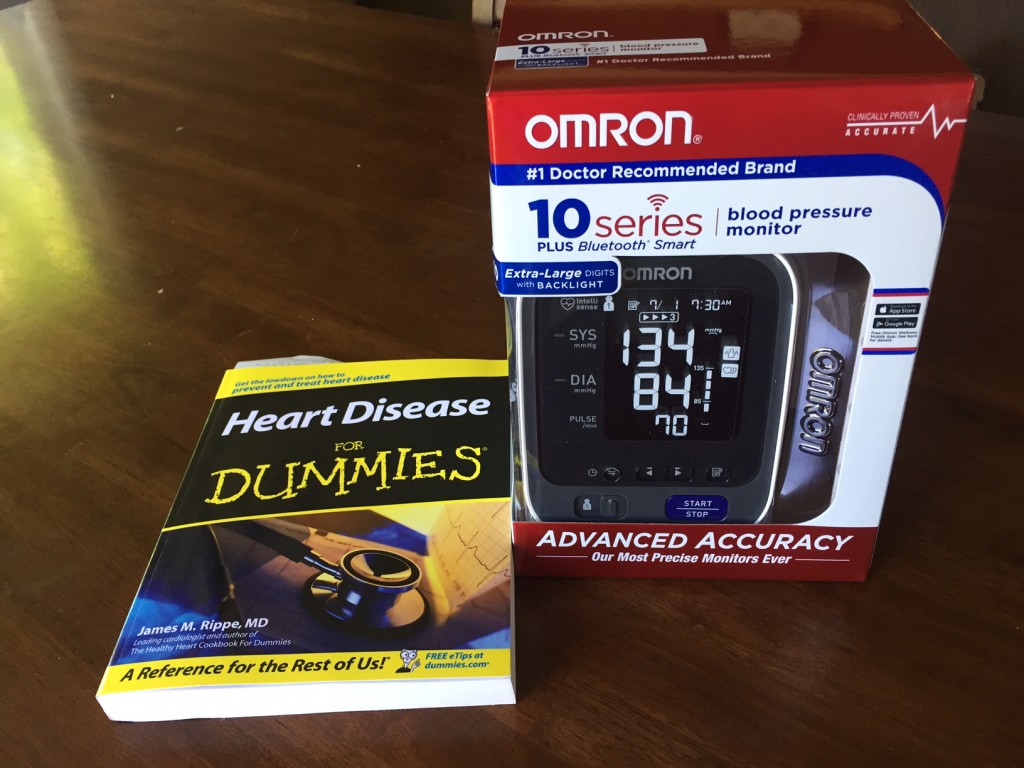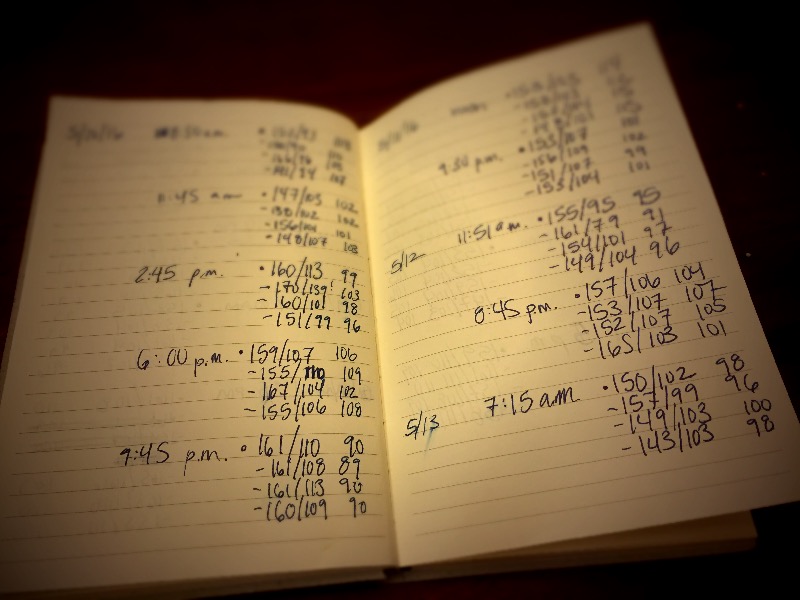I have much to say about this article on being a “slow professor,” but first I want to explain my absence from this blog for four and a half months.
I haven’t been well. You wouldn’t know my secret if you saw me on the street or on campus. However, if you talked to me, you might note I sometimes grasp for words and names that should come easily. I’ve also been sleeping poorly, thrashing so badly that poor Fang has to leave the room. I’m wheezing enough that my doctor is ready to prescribe two more asthma medications (on top of the two I already take) once my other symptoms settle. Depression also curled its tendrils around the edges of my life during the winter months.
I tackled the depression directly. I joined an amazingly raw and yet optimistic online fitness group of Grinnell alumni. I took to walking 10,000-12,000 steps each day, doing cardio videos, and even running occasionally. I lost ten pounds and kept them off.
When these tactics weren’t keeping the darkness at bay, I went to the doctor to ask her what to do. She added a second antidepressant. So far, so good.
And yet the brain fog, which started in the late fall, persisted. I thought I could chalk it up to depression, seasonal affective disorder, and having too much on my plate at work—or maybe it was just another symptom in my premature perimenopausal mélange.
It wasn’t that I wasn’t writing at all. I wrote for work—reports and e-mails galore, an exhaustively updated and (very) long encyclopedia article, and a ton of text for my online course. I reached out to an old friend and enjoyed a long and productive e-mail exchange. I went on a writing retreat a couple weekends ago with several English professors and linguists, and while they helped me find words over hors d’oeuvres, I managed to rethink a long-suffering article.
Such tasks took up most of my brainpower and intellectual energy. I didn’t have anything left over for the evenings and weekends when I used to write extracurricularly.
So I went back to the doctor to ask what might be messing with my brain and my sleep. The nurse took my blood pressure—150/90—and asked if it was typically that high. I explained it had been creeping up, but I couldn’t remember seeing such high readings. A few minutes later, the doctor came in with a worried look on her face, listened to my heart and lungs, said simply, “It’s time,” then sent a prescription to the pharmacy and told me to monitor my blood pressure.

My cholesterol is high, too. I can, at least in part, blame my genes for both of those. (Thanks, Mom!)
It ends up high blood pressure can damage the brain in both the short and long term. As reported in Psychology Today:
It’s becoming increasingly clear that high blood pressure, or hypertension, is at the root of much cognitive decline that has previously been attributed to aging. The more that scientists scrutinize brain function, and especially memory, the more they conclude that we have the ability to keep our memory and spirit strong well into old age. But it depends on how well we nourish our brain throughout life.
While I’ve been remiss in my blogging and have never been much for journaling, I’m creating a new kind of archive:
Will my brain fog clear, or is the damage done? Time will tell.
Let me be absolutely clear: as an academic, this sucks. My ability to think critically and creatively, in the moment and in the long term, is everything.




I’m sorry to hear this, Leslie. You really have had a rough time of it this past year or so. It sounds like you’re on a path back to improved health, though.
I’m sorry things have been so rough, Leslie. I hope things improve, and you’re feeling better quickly.
That is a rough period to handle (my partner lives with a variety of chronic ailments, and I know how much one person’s health can have a impact on the whole family system, not only on work). I hope your own routines and the watchful care of your docs keep you moving in a feeling-better direction.
This does indeed suck. I tip my hat to you for all the diligent work you’re doing to care for yourself. Keep it up.
Speaking of that article on the Slow Professor, I’m eager to hear your thoughts when you are up to it. I kept wanting to ask you your perspective as I read that last week. It’s hard to shake the (cynical?) feeling that these are suggestions for the privileged in academia (especially the tenured, though I know tenure is not the iron fortress it is made out to be). The authors make excellent points, and I’d love to see much of their vision realized, but optimism wanes.
Oh Leslie, I’m so sorry to hear that! I hope there’s no permanent “damage” done. Thanks for sharing your concerns with us and congrats on having such a supportive group of workout buddies. Thinking of you and hoping things are looking up again soon.
I’ll add my wishes and concerns atop everyone else’s. My heart has hurt thinking of all the challenges you’ve faced from what you have shared, and can only guess that’s a partial picture. If it helps, let me say that your voice and writing matter a huge amount, and I cannot put a quantifier on the amount of respect I have for you.
I’ve been dishing this bit of cheeky advice, but remembering some of your dog stories, maybe it’s off target
http://cogdogblog.com/wp-content/uploads/2016/05/getadog.jpg
For what its worth, being diabetic 45 years has me appreciating the signals my body sends, the pitfalls of not paying attention to them, always with some kind of faint ticking clock on the long term toll of living with a disease. Keep tuned into yours, keep those logs going. I’d urge you to keep running, but I hate running.
Keep living, keep writing. You have an audience here.